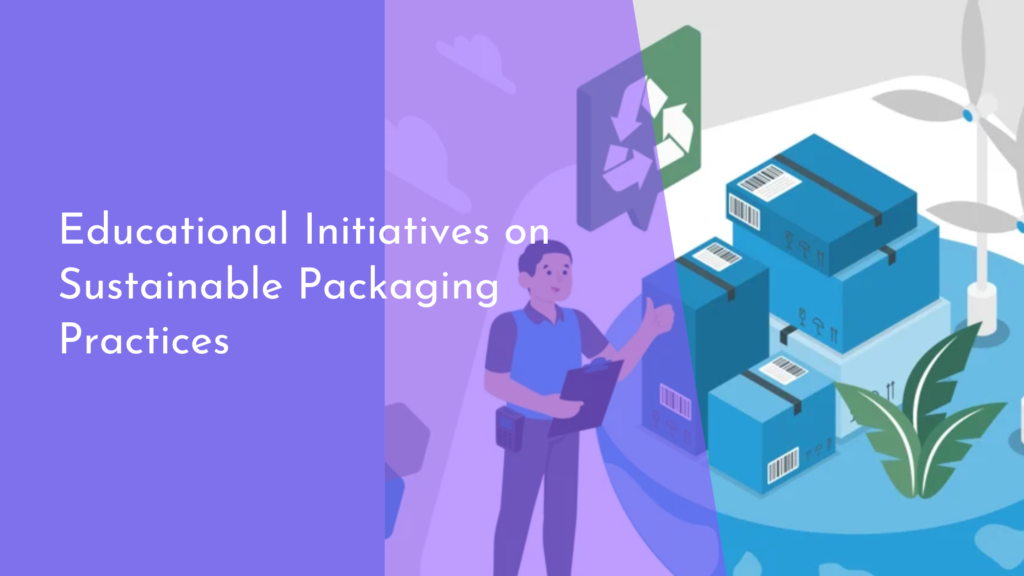Rainwater Utilization as a Tool for Water Justice in Marginalized Areas
In an era where water scarcity is increasingly becoming a global concern, the importance of sustainable water management practices cannot be overstated. Rainwater harvesting (RWH) has emerged as a viable solution, especially in marginalized areas that face systemic inequalities in access to clean and safe water. This practice not only addresses immediate water needs but also promotes a sense of community and resilience among the most vulnerable populations. By harnessing the natural resource of rainwater, communities can turn a seasonal gift from nature into a reliable source of hydration and agricultural support.
The utilization of rainwater offers a myriad of benefits that extend beyond mere water collection. It has the potential to serve as a catalyst for water justice, empowering marginalized communities that often face barriers to accessing safe water. By implementing rainwater harvesting systems, these communities can reclaim their water sovereignty, reduce dependence on unreliable water sources, and foster sustainable practices that benefit both people and the environment. This article explores the multifaceted role of rainwater utilization in promoting water justice, community empowerment, and resilience.
Harnessing Rainwater: A Sustainable Solution for All
Rainwater harvesting is a simple yet effective method to tap into one of our most precious resources: precipitation. By collecting water from rooftops, surfaces, and other structures, communities can create a reliable source of clean water for drinking, irrigation, and sanitation. This practice is particularly crucial in areas where traditional water sources are contaminated or scarce. Not only does rainwater harvesting help alleviate water shortages, but it also reduces the burden on existing water systems, making it a sustainable solution for all.
Moreover, rainwater harvesting systems can be tailored to meet the specific needs and capacities of different communities. Whether through simple barrels or sophisticated catchment systems, these solutions can be implemented at various scales. By encouraging local ownership and participation, rainwater harvesting fosters a sense of responsibility and stewardship over water resources, empowering individuals and communities to take charge of their own water supply. Ultimately, harnessing rainwater becomes a collective endeavor that promotes sustainability and resilience for all.
Empowering Communities: Water Justice Through Rain Harvesting
Water justice is rooted in the idea that everyone deserves equitable access to clean water, regardless of their socioeconomic status. Rainwater harvesting serves as a powerful tool for achieving this vision, particularly in marginalized areas where water inequities are prevalent. By enabling communities to capture and utilize rainwater, these systems break the cycle of dependency on external water sources, often subject to corporate control and governmental inadequacies.
In addition, rainwater harvesting can help alleviate some of the burdens associated with water costs, which disproportionately affect lower-income households. By reducing reliance on expensive water deliveries or contaminated sources, families can allocate their financial resources to other essential needs, such as education or health care. This financial empowerment enhances community stability and fosters a sense of dignity and self-sufficiency, contributing to broader social justice goals.
Innovative Approaches to Rainwater Utilization in Need
Across the globe, innovative approaches to rainwater harvesting are being developed to address the unique challenges faced by marginalized communities. For instance, integrated rainwater management systems combine traditional harvesting methods with modern technology, such as filtration and purification systems. These advancements ensure that collected rainwater meets safety standards for consumption and reduces health risks associated with contaminated sources.
Moreover, community-led initiatives often encourage collaborative designs that reflect local culture and environmental conditions. In many cases, local artisans and engineers work together to create customized systems that serve not only practical purposes but also aesthetic ones. Such innovative approaches empower communities to take ownership of their water solutions, bridging the gap between traditional knowledge and modern technology while fostering a sense of pride and identity.
Building Resilience: Rainwater as a Community Resource
Rainwater harvesting is not just about collecting water; it’s about building resilience against the challenges posed by climate change and water scarcity. As weather patterns become increasingly erratic, communities that invest in rainwater systems gain an important buffer against droughts and floods. By diversifying their water sources and enhancing their adaptive capacity, these communities are better equipped to withstand environmental shocks.
Additionally, the communal aspect of rainwater harvesting fosters social cohesion and collective action. When community members come together to build, maintain, and operate rainwater harvesting systems, they strengthen their networks and create support systems that extend beyond water management. This shared responsibility cultivates a spirit of collaboration and encourages further initiatives geared towards sustainability and resilience, establishing a foundation for long-term community empowerment.
In conclusion, rainwater utilization is more than just a practical solution for water scarcity; it is a profound tool for promoting water justice in marginalized communities. By harnessing the power of rain, we can empower individuals, foster resilience, and create equitable access to this essential resource. As we continue to face global water challenges, the adoption of rainwater harvesting systems can inspire hope and innovation, transforming rain into a symbol of community strength and sustainability. By advocating for such practices, we can pave the way for a greener, more just future where everyone has access to clean and safe water.

